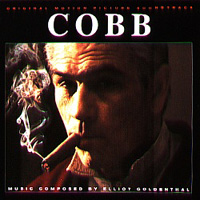
Cobb is a 1994 American biographical film starring Tommy Lee Jones as baseball player Ty Cobb. The film was written and directed by Ron Shelton and based on a 1994 book by Al Stump. The original music score was composed by Elliot Goldenthal. The film is told through the partnership between Cobb and sportswriter Al Stump who served as a ghostwriter of Cobb's autobiography. Some critics lauded the film and Jones's performance, but the box office results for the film were underwhelming.

Elliot Goldenthal is an American composer of contemporary classical music and film and theatrical scores. A student of Aaron Copland and John Corigliano, he is best known for his distinctive style and ability to blend various musical styles and techniques in original and inventive ways. He won the Academy Award for Best Original Score in 2002 for his score to the motion picture Frida, directed by his longtime partner Julie Taymor.

Titanic: Music from the Motion Picture is the soundtrack to the film of the same name composed, orchestrated, and conducted by James Horner. The soundtrack was released by Sony Classical/Sony Music Soundtrax on November 18, 1997.

300 is the soundtrack to the 2007 film 300. It was composed by Tyler Bates and was released on March 6, 2007, three days before the film opened for public viewing.

Frida is the original soundtrack album, on the Universal label, of the 2002 Academy Award- and Golden Globe Award-winning film Frida starring Salma Hayek, Alfred Molina, Mía Maestro and Ashley Judd. The original score was composed by Elliot Goldenthal. The soundtrack features songs by various artists.

The Little Mermaid: Original Walt Disney Records Soundtrack is the soundtrack to the 1989 Disney animated feature film, The Little Mermaid. It contains the songs from the film written by Alan Menken and Howard Ashman, as well as the film's score composed by Alan Menken. The score was orchestrated by Thomas Pasatieri. The album has achieved multi-platinum sales and won the Grammy Award for Best Recording for Children. The album includes recordings of the music that won the Grammy for Best Instrumental Composition Written for a Motion Picture or for Television, the Academy Awards for Best Original Score and Best Original Song and the Golden Globe Award for Best Original Score.
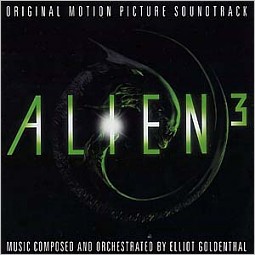
The avant-garde Alien 3: Original Motion Picture Soundtrack was written for the motion picture of the same name. Scored by Elliot Goldenthal, it was his first big mainstream score; he described it as an experiment and spent a whole year creating it.

Heat is the soundtrack album to the 1995 film Heat. The score is compiled mostly with Elliot Goldenthal's orchestrations although there are a variety of other artists featured including U2/Brian Eno project Passengers, Lisa Gerrard, Moby and Terje Rypdal.

Titus is the original soundtrack to the 1999 motion picture Titus. Elliot Goldenthal wrote the score for the film, an adaptation of Shakespeare's first, and bloodiest, tragedy Titus Andronicus; written and directed by Julie Taymor, Goldenthal's long-time friend and partner. The only non-Goldenthal piece is an old Italian song called "Vivere" performed by Italian singer Carlo Buti.
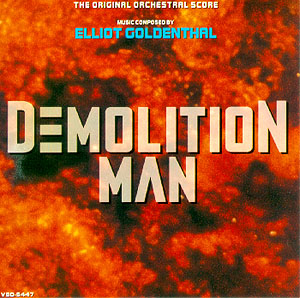
Elliot Goldenthal scored the soundtrack Demolition Man: The Original Orchestral Score for the movie Demolition Man. It is an example of his off-beat style and use of unconventional techniques in film score, incorporating big brass clashes and complex, dramatic string arrangements.
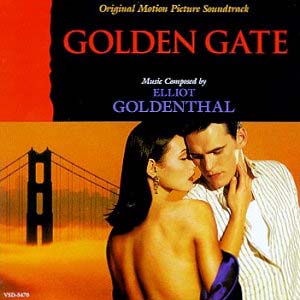
The Golden Gate score was composed by Elliot Goldenthal in 1993 and released in 1994 for the film Golden Gate.

Elliot Goldenthal scored the 1994 film Interview with the Vampire, working again with director and frequent collaborator Neil Jordan.
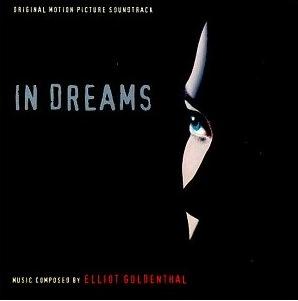
The score to the psychological thriller In Dreams, by Elliot Goldenthal, is an avant-garde work filled with his trademark techniques and dissonance. Composed in 1999, and working again with frequent collaborator Neil Jordan, it also features songs by Roy Orbison and The Andrews Sisters.
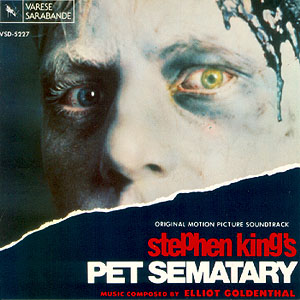
Pet Sematary is the soundtrack album for the film of the same name. Produced by Elliot Goldenthal, it was released in 1989.

Batman Forever: Original Motion Picture Score Album is a 1995 Grammy-nominated film score album for Batman Forever, composed by Elliot Goldenthal. It was released in conjunction with its soundtrack counterpart. Despite Goldenthal having recorded over 2 hours of music, the soundtrack only had 45 minutes before La-La Land Records released an expanded version in 2012. The score features big brass, strings and discordant noises while maintaining an anthemic sound. Regarding the villainous leitmotifs, Goldenthal said Two-Face features paired notes and doubled beats while being inspired by Russian composers such as Sergei Prokofiev and Dmitri Shostakovich, and Riddler has a sound reminiscent of old science fiction B-movies with a theremin. On the U2 single "Hold Me, Thrill Me, Kiss Me, Kill Me", there is a track titled "Theme from Batman Forever" composed by Goldenthal; this can also be found on the expanded release issued in 2012.

Elliot Goldenthal's score for the film was nominated for the Academy Award for Best Original Dramatic Score.

Elliot Goldenthal scored the 1997 movie The Butcher Boy; the soundtrack was released in 1998. It marks another collaboration with director Neil Jordan.
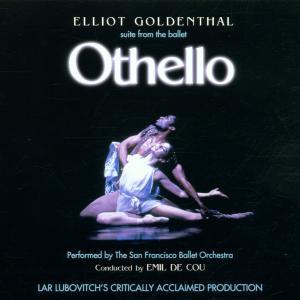
Othello is a ballet in three acts based on the play of the same name by William Shakespeare. Choreography by Lar Lubovitch is set to an orchestral score composed by Elliot Goldenthal and released commercially on the Varèse Sarabande label. Originally produced in 1997, the ballet was commissioned by the American Ballet Theatre and the San Francisco Ballet.
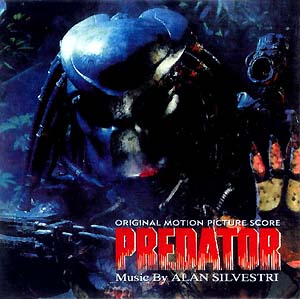
Predator: Original Motion Picture Score is the official soundtrack album of the 1987 action film Predator. It was composed by Alan Silvestri. The score is completely orchestral and was released in 2003.
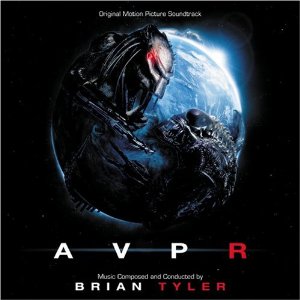
Aliens vs. Predator: Requiem – Original Motion Picture Soundtrack is the official soundtrack album of the 2007 science fiction film Aliens vs. Predator: Requiem. It was composed by Brian Tyler and released on December 11, 2007, by Varèse Sarabande. The score is completely orchestral and incorporates several themes from both the Alien and Predator franchises.
